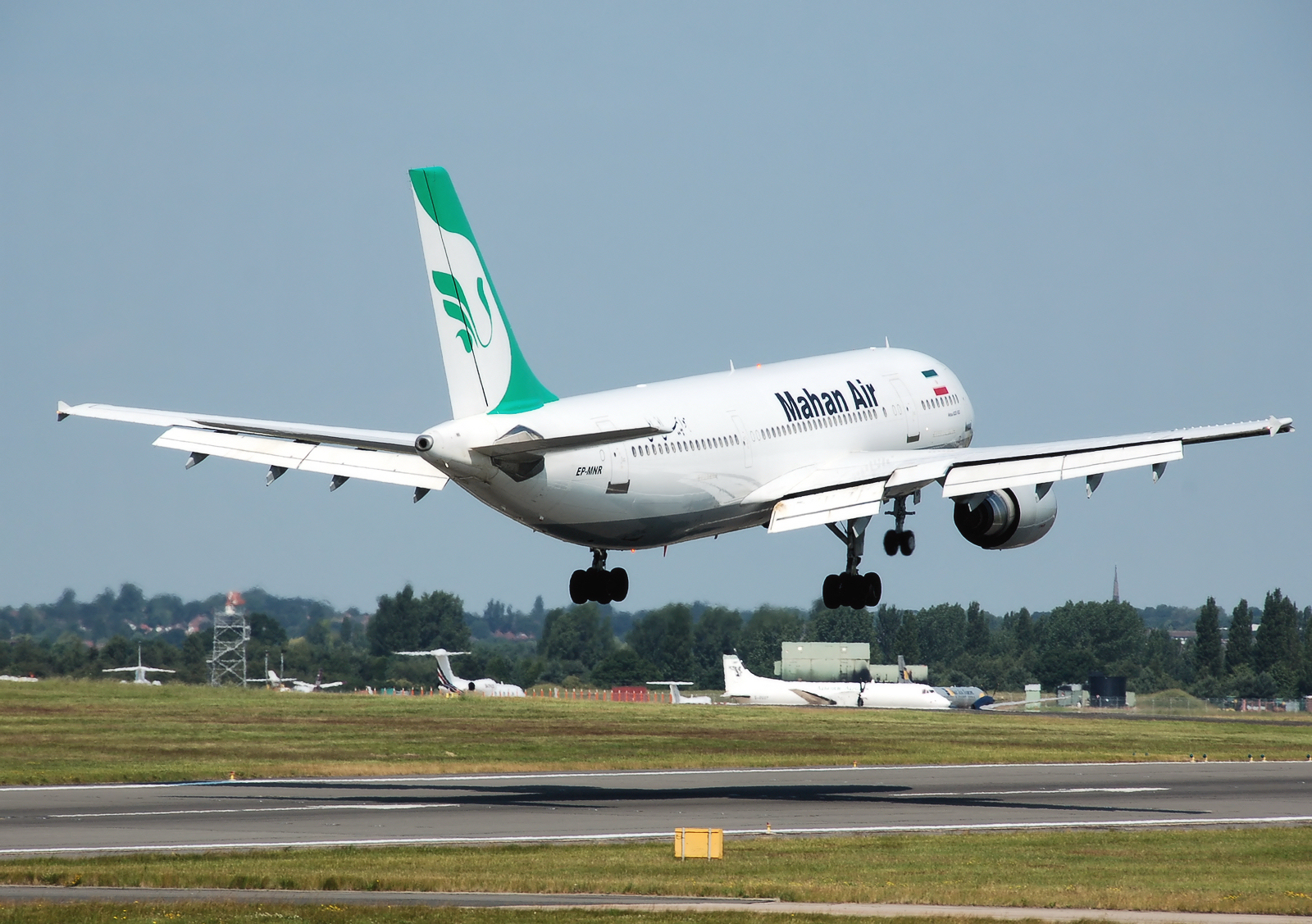Is Iran Sanctions-Lifting Going Worse Than Expected?
It is clear by now that Iran is experiencing grave difficulties receiving practical value from the sanctions-lifting provided under the Joint Comprehensive Plan of Action (“JCPOA”), the nuclear accord between the United States, other major world powers, and Iran. But what is less known is just how bad the circumstances are.
As I have previously explained in detail, non-U.S. companies are having a difficult time re-engaging Iran and Iranian parties, as few non-Iranian banks are willing to support their business. Fearful of surviving U.S. sanctions and the extended reach of U.S. jurisdiction, foreign banks with U.S.-based operations have proven reluctant to support any trade or investment activities in or with Iran. This is complicating implementation of the JCPOA – particularly for the United States – as Iran’s sustained compliance with its nuclear-related obligations is dependent on it receiving practical benefit from the sanctions-lifting.
However, the failure of foreign banks to support the trade and investment activities of non-U.S. companies is not Iran’s only current problem. Instead, Iran is also having serious difficulties repatriating its overseas oil revenues that were formerly restricted in accounts held at foreign banks. The reason is that some of these funds were denominated in U.S. dollars upon deposit; and, as such, converting the dollar-denominated funds into non-U.S. currencies likely implicates certain surviving U.S. sanctions. Fearful of falling afoul of U.S. sanctions – even for engaging in activities that are being actively encouraged by U.S. authorities – foreign banks have refused to move Iran’s oil revenues. As such, some of Iran’s own overseas oil revenues – the return of which was much-hyped by skeptics of the nuclear accord on Capitol Hill – have yet to be returned to Iranian hands and remain thus far out of reach.
Understandably, Iran is apoplectic over the circumstances in which it finds itself. Unable to fully access its own oil revenues that had been restricted in foreign banks, there is a strong push on the Iranian side for the United States to take additional action to resolve ongoing problems with the sanctions-lifting. Yet, the United States is not prepared to take those steps, fearing the political repercussions at home of lifting certain of the surviving sanctions and being seen as providing Iran unilateral concessions.
That puts the JCPOA implementation at a stand-still of sorts – with the United States continuing to provide individual consultation to foreign financial institutions but unwilling to take the more drastic action that may be necessary to resolve persistent concerns over the scope of surviving U.S. sanctions.
Where will this all lead? I don’t know. But I am struck incredulous by the fact that Iran remains unable to repatriate some of its overseas oil revenues – a sure sign if any that U.S. sanctions are not so much a scalpel (as some of its designers insist) but a sledgehammer. Regardless, these are dangerous times for those who believe that sanctions should remain a key element of the national-security toolkit moving ahead.




1 Comments
Although being deprived of access to US $ is an issue for non US foreign banks & firms,this is not the most critical one.Foreign banks are terrified by risks of various pressures,reprisals,hostile campaigns,(including disinvest),etc which refrain these banks from opening financial relations with Iranian Banks.These threats are commonly quoted as “reputational risks”.Beyond this,there are high fears within EU business community to face unfair competition with regards to OFAC ‘s behaviour when granting licences. A US envoy despatched throughout Europe for delivering “messages” stated in a newspaper that it is unlikely that a licence will be granted to Boeing (although reports had already confirmed that Boeing got the ‘green light’) ! Then,European banks are urging US administration to confirm that they will not be exposed to these reprisals and EU business community is requiring fair treatment when applying for licences.If said requests receive no official answer beyond recent statements from Us Treasury like JCPOA is not intended to grant access to US $, there is a risk of huge confidence crisis between US and Iran,and a fragmentation of European cooperation with Washington as some EU countries will consider themselves as victim of unfair competition.Washington needs its allies ‘cooperation in various fields.If blocking EU’s banks and industry access to iranian market while granting licences to US firms appears to be Washington’s policy,this may lead to negative consequences. Moreover,should JCPOA be killed,this will be a perfect lose-lose game.Even Us business interests would be jeopardized.
With regards to oil revenue’s repatriation: actual amounts are significantly lower than advertised in the past: only $29 to 32 bns are available because a big share of previous figure $100 bn seems no longer available (already used or involved in various operations).On the other hand,iranian officials stated that a part of the amount should be kept abroad.Besides,huge amounts of money from Iran are stored in various foreign places but cannot be repatriated as owners cannot provide to banks in charge of processing said transfers the necessary data and certification of “clean” origin.On behalf of compliance with both sanctions and anti money laundering rules,said bank will aptly oppose any transfer of this kind.Both sanctions and massive frauds have lead iranian speculators and even official bodies to send money abroad .At the end of the day,these “black market” deposits are blocked and cannot officially come back to Iran.A final learning from this uncomfortable situation: some actors may not have sufficiently assessed the extraordinary complexity and limitations of the sanctions relief process.On the opposite,main authors of this huge set of texts and explainations (Guidances,FAQ….) may have played well with this complexity,generating a feeling of a gap between compliance with written texts and the “spirit” of a genuine relaxation.
Comments are closed.